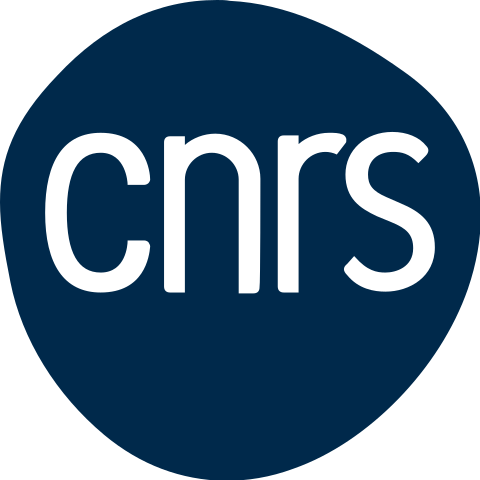Neutrophils are innate immune cells that display multiple immunomodulatory properties. Using a mouse model of retroviral infection, we previously uncovered their key immunomodulatory function in promoting protective immunity during antiviral antibody therapy, which occurs through Fc-FcgR interactions. Here, we investigated the immunomodulatory properties of neutrophils in the context of HIV-1 infection and therapy. We conducted a thorough examination of the functional activation and modulation of Fcγ receptors (FcγRs) expression on neutrophils isolated from healthy donors (HD) and people living with HIV-1 (PLWH). Upon stimulation with virions, either free or in the form of immune complexes (ICs) formed with broadly neutralizing antibodies (bNAbs), neutrophils from HD secreted cytokines and chemokines in modest quantities. Interestingly, priming HD neutrophils with pro-inflammatory cytokines augmented their chemokine production upon exposure to HIV-1 and ICs, underscoring the pivotal role of the inflammatory milieu in eliciting a functional response from neutrophils to these stimuli. Noteworthy, under inflammatory conditions, IC-activated neutrophils showed higher secretion of CXCL1 and CCL4 than HIV-1-stimulated neutrophils.
Highlighting the critical influence of the inflammatory environment on their functional properties, neutrophils from PLWH displayed increased release of cytokines (IFNγ) and chemokines (CXCL1, CCL2, CCL3 and CCL4) when stimulated with danger signals associated with HIV-1 infection. In addition, PLWH's neutrophils exhibited higher expression of two activating FcgRs (FcgRI and FcgRIII) than neutrophils from HD. Our study provides new insights into the immunomodulatory properties of neutrophils during HIV-1 infection and therapy. These findings hold potential for optimizing antiviral antibody therapies by harnessing the immunomodulatory properties of neutrophils.






